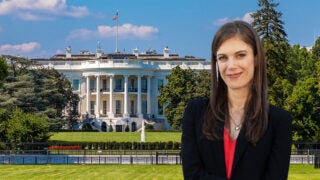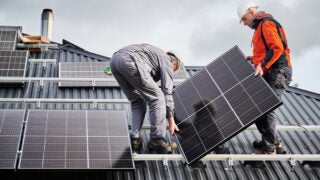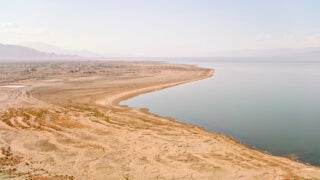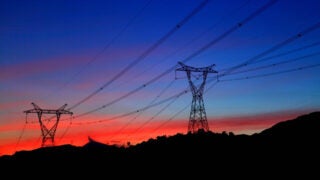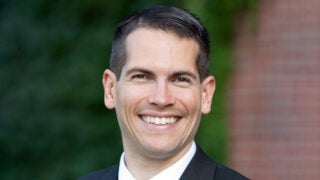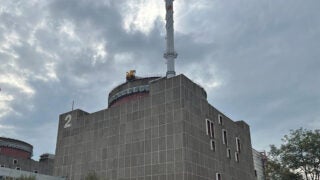The associate professor has been appointed 2024 assistant director for energy systems innovation at the White House.
Energy
News Listing
The transition to renewable electricity sources won’t have any significant effect on L.A.’s economic growth, but it will significantly reduce greenhouse-gas emissions.
The race to mine American lithium at the Salton Sea is intensifying, but USC experts caution against potential environmental health impacts in a region already burdened by poverty and air pollution.
USC Viterbi researchers are looking at cooling homes with renewable energy in the middle of the day. It could reduce carbon dioxide emissions, save consumers money and prevent rolling blackouts.
Gift supports research, experiential learning and partnerships related to the role of business in transitioning to sustainable energy systems.
The agreement will provide a quarter of USC’s electricity with power from a solar farm in Mojave. It also brings new opportunities for residents in nearby communities to gain access to affordable solar power.
USC nuclear safety expert Najmedin Meshkati explains cold shutdown, what it means for the safety of the nuclear power plant, and the ongoing risks to the plant’s spent fuel.
USC experts discuss how tech-driven globalization and energy are front and center in Russia’s war on Ukraine.
USC Marshall’s Shon Hiatt, an expert in agribusiness and global energy, answers questions about how the war will impact prices, clean energy efforts and more.
A new report on USC’s sustainability goals reveals progress, including considerable reductions in greenhouse gas emissions, as the university prepares to launch its next sustainability plan.

